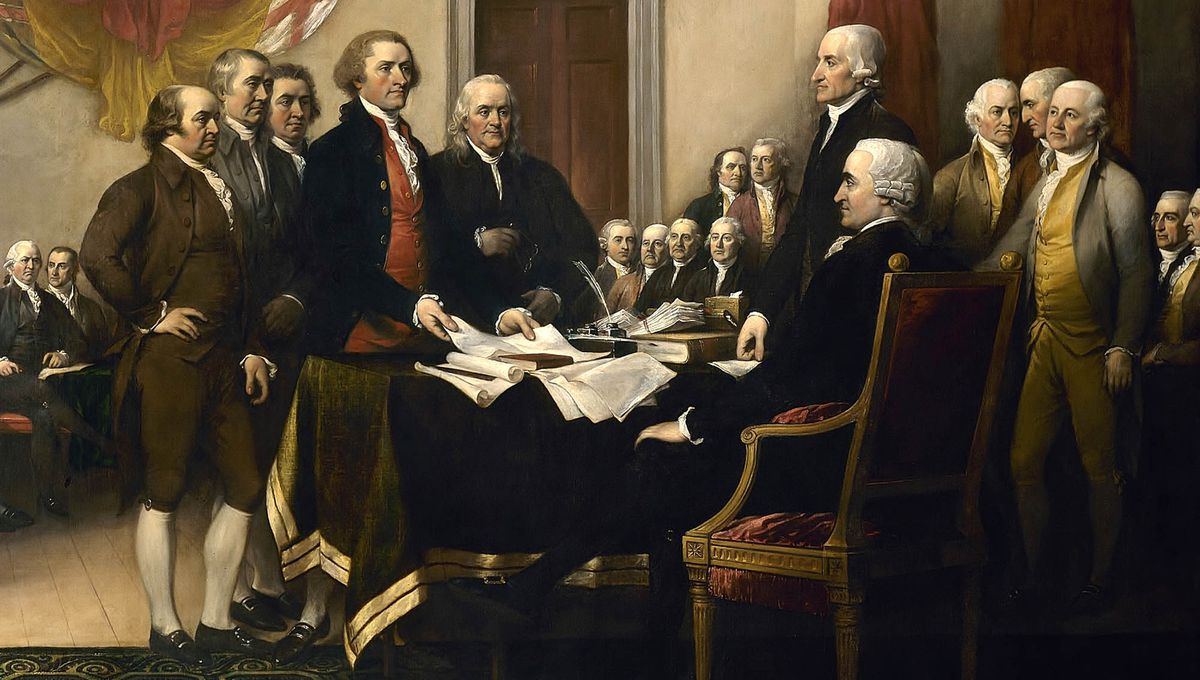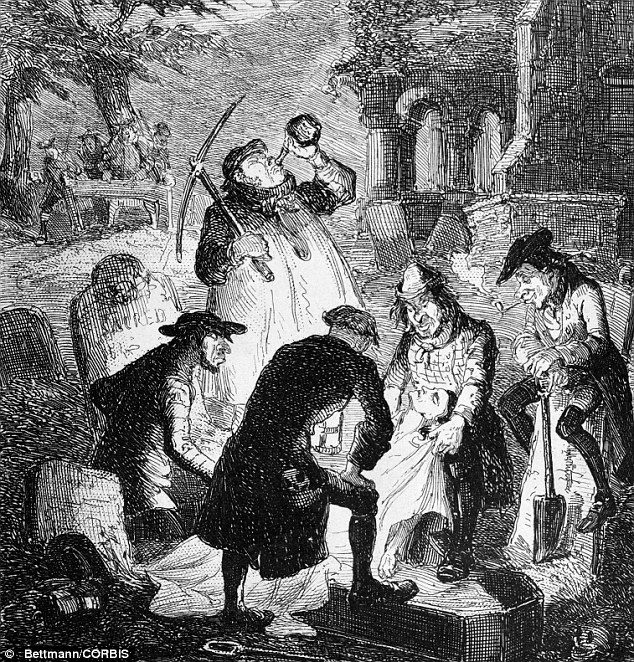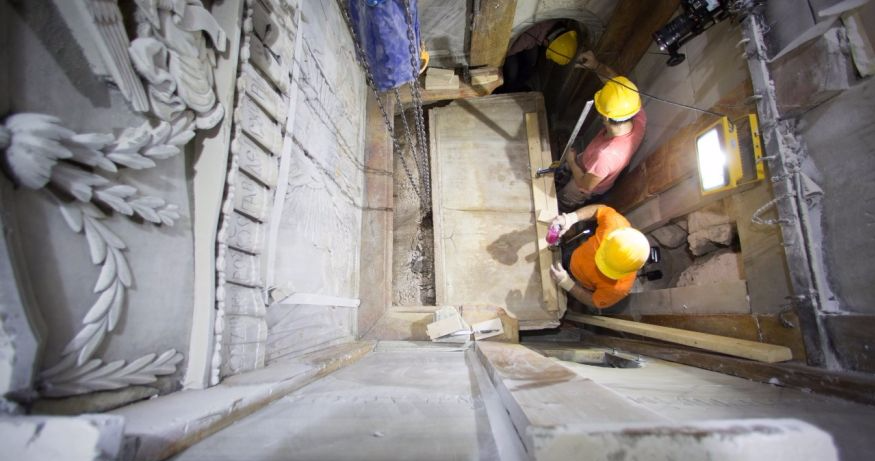In 1998, renovators made a shocking and grizzly discovery when they smashed through the concrete floor of Benjamin Franklin's former home in London, England.
It was a routine renovation that involved repairs to the inventor's home on 36 Craven Street. But when conservationists and renovators took a peek under the floor the were shocked by what they discovered...
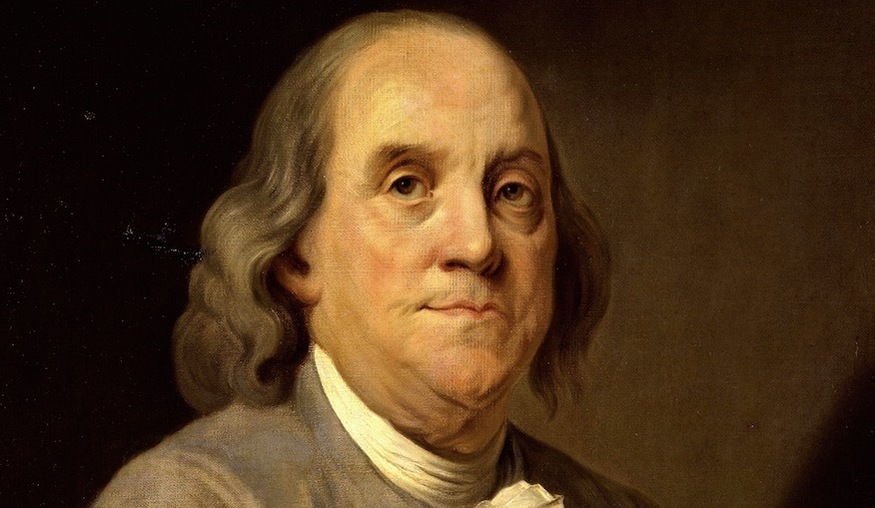

Under the floor of Benjamin Franklin's ambassadorial home in London, renovators discovered a pit one meter wide by one meter deep.
Inside, they unearthed more than 1200 pieces of human bone. Over a dozen bodies, six of which belonged to children, had been dated back to Franklin's day.

The grizzly discovery raised some scary questions for the historical community. What was Benjamin Franklin doing with all of those human skeletons in his basement? Did he kill these people himself?
This discovery had the potential to rock the nation and change everything we thought we knew about one of the Founding Fathers of America...
Many historians knew that Benjamin Franklin was the Grand Master of Masons of Pennsylvania and an influential member of the Masonic society at the time. Could the bones in his basement have been part of some spooky ritual or a secret experiment?
After some investigation, historians concluded that secret experiments were likely being conducted in Franklin's home, but not by the man himself.
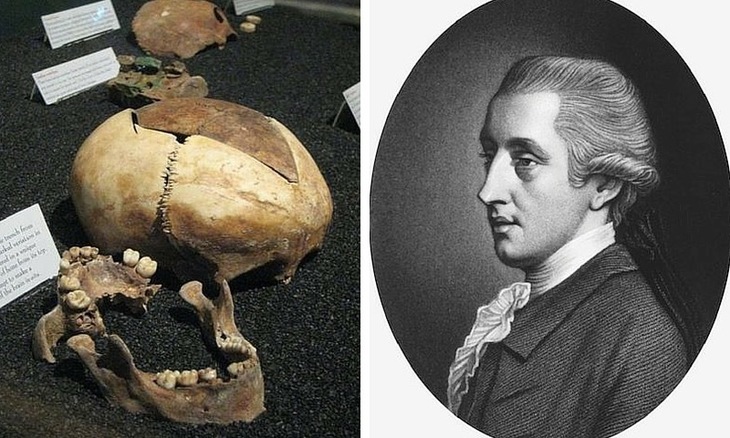
William Hewson, his best friend and a student of Franklin's, was a student of anatomy and science at the time.
Historians believe that the two men were conducting secret, illegal dissections of stolen cadavers in Benjamin Franklin's basement.
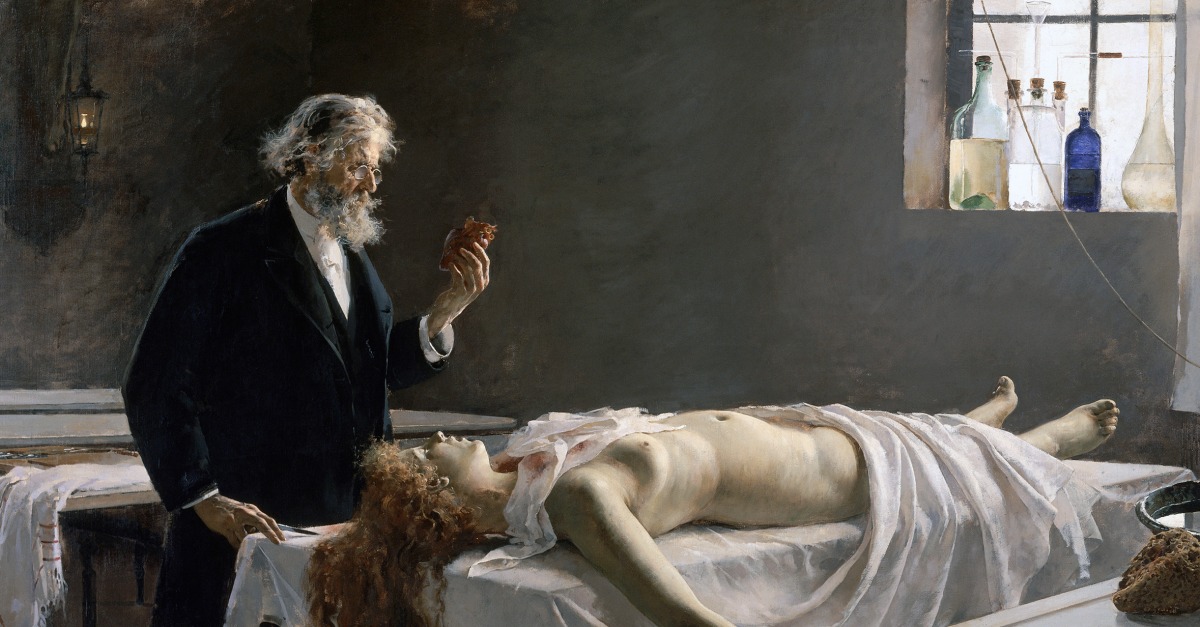
In the 1700's, the Church and its followers believed that anatomical study and dissection of corpses was sacrilegious.
Since it was illegal to preform dissections on human corpses, Hewson and Franklin likely acquired bodies from professional grave robbers called "resurrection men."
Historians believe that the bodies were smuggled into a warf at the end of the street, where they were picked up and brought into the house.
At the time, the basement floor was made of dirt, so after the experiments, the cadavers were buried.
This convenient solution meant that they didn't have to risk getting caught a second time smuggling a corpse out of the house.
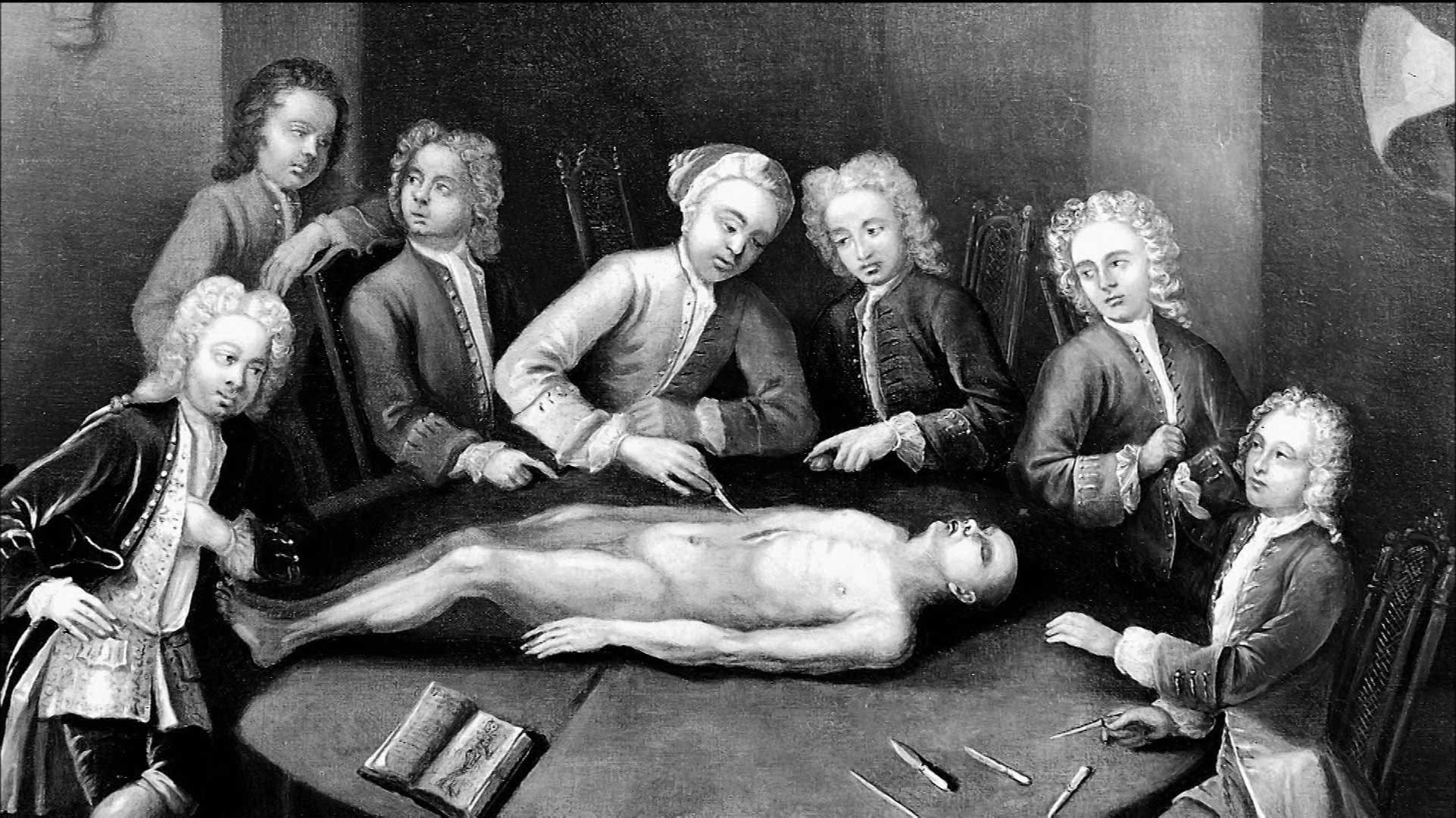
While the people were already dead, the methods of collecting bodies and secret autopsies still raised some questions about Franklin's ethics.
But, without lawbreakers like Franklin, Hewson and the grave robbers who helped them, modern medicine would not be where it is today.
What do you think? Has it changed the way you think about Benjamin Franklin?
[h/t Lapham's Quarterly / Smithsonian / History Things / Daily Mail]

